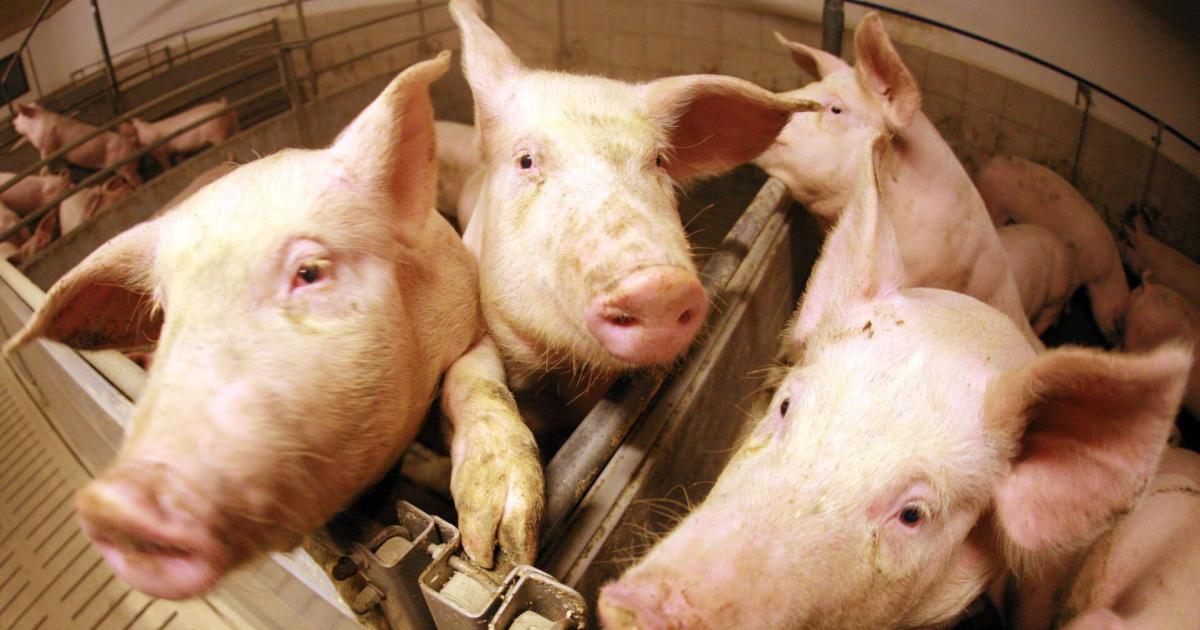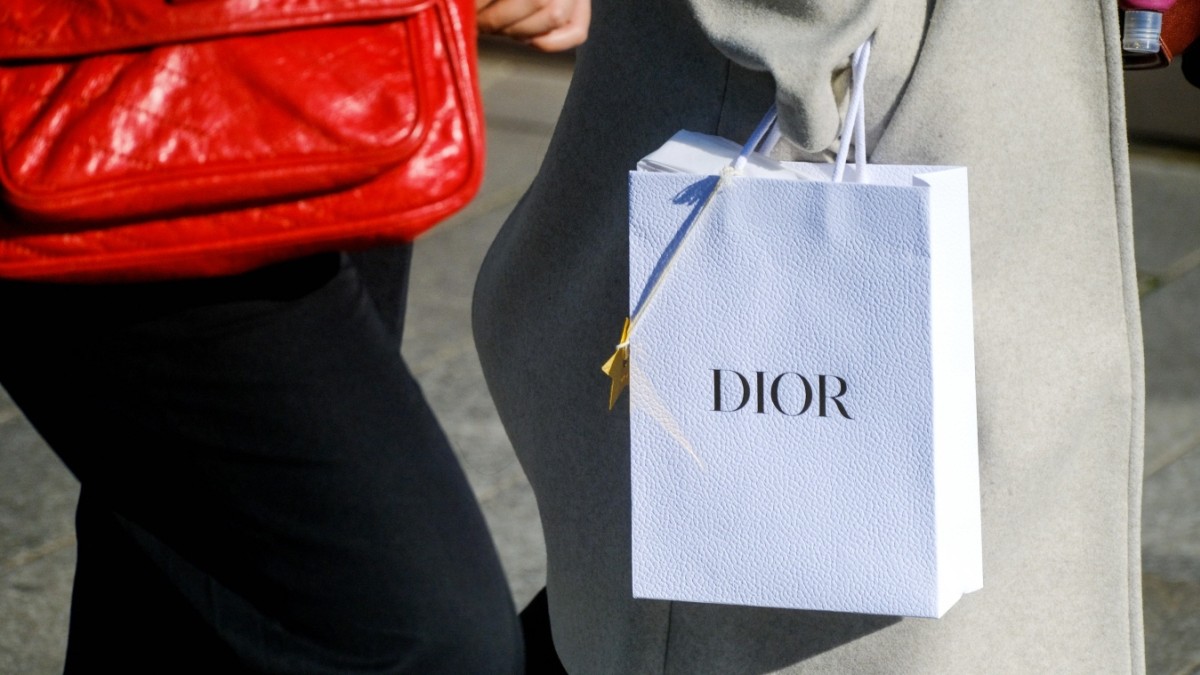Chief, I need more money. It doesn’t matter whether you’re asking it directly, as Gunter Gabriel did in his 1974 anthem to work, or more subtly: It’s definitely time to negotiate your next pay raise; Including a measure that provides a further increase in income. After all, both bosses and companies benefit from satisfied employees—and their happiness in life increases as their income increases. Science just found out. And science is always right.
The current article in Proceedings of the National Academy of Sciences It goes against the popular belief that money can’t buy happiness So more money is not happier. In 2010, Nobel laureates Daniel Kahneman and Angus Deaton showed in a widely popular article that people in rich countries do not become happier when their income increases – as long as an annual income of $60,000 to $90,000 is actually reached.
The resulting average of $75,000 has become popular far beyond the scientific community. After all, non-professionals can fall back on research if they hold back their ambitions, and employers have excellent arguments for letting wages stagnate. However, psychologist Matthew Killingsworth contradicted the $75,000 thesis when he argued in 2021 that people are happier when they earn more and that this is still evident in earnings of $150,000 or $300,000.
Now scientific opponents have joined forces
In a remarkable alliance, Kahneman and Killingsworth settle their feud. Scientific adversaries have joined forces (“hostile collaboration”) and, with psychologist Barbara Millers as mediator, have subjected their data to re-analysis. Killingsworth sums up the result: “For most people, higher incomes make them happier.” “The exception is those who are rich but unhappy.” If you are rich and dissatisfied, no more money will help you out of your misery.
Apparently, there are 15 to 20 percent of people in every income bracket who are chronically dissatisfied. Their mood and well-being do not improve even if their income continues to rise – as long as it is in the range above $75,000 and there is no risk of material hardship, rent and electricity can be paid and travel and luxuries can be restricted. So there is a happy majority who are happier with more money – and an unhappy minority who don’t get any money either.
Although the extent of happiness depends on many factors such as individual disposition, health, fulfillment of relationships and activities, there are also lessons to be learned when it comes to money. Tax breaks, salary increases, or switching to better paying jobs are highly recommended for the sake of mental health. “Money isn’t the secret to happiness, but it helps,” Killingsworth said. In addition, employers do not have to fear excessive claims. If an annual income of $500,000 is reached, the current study can no longer prove any increase in happiness.

“Total coffee aficionado. Travel buff. Music ninja. Bacon nerd. Beeraholic.”







More Stories
Exploding Fireball: Find the meteorite fragments
Neuralink's competitor lets blind people see again with an implant
A huge meteorite has hit Earth – four times the size of Mount Everest